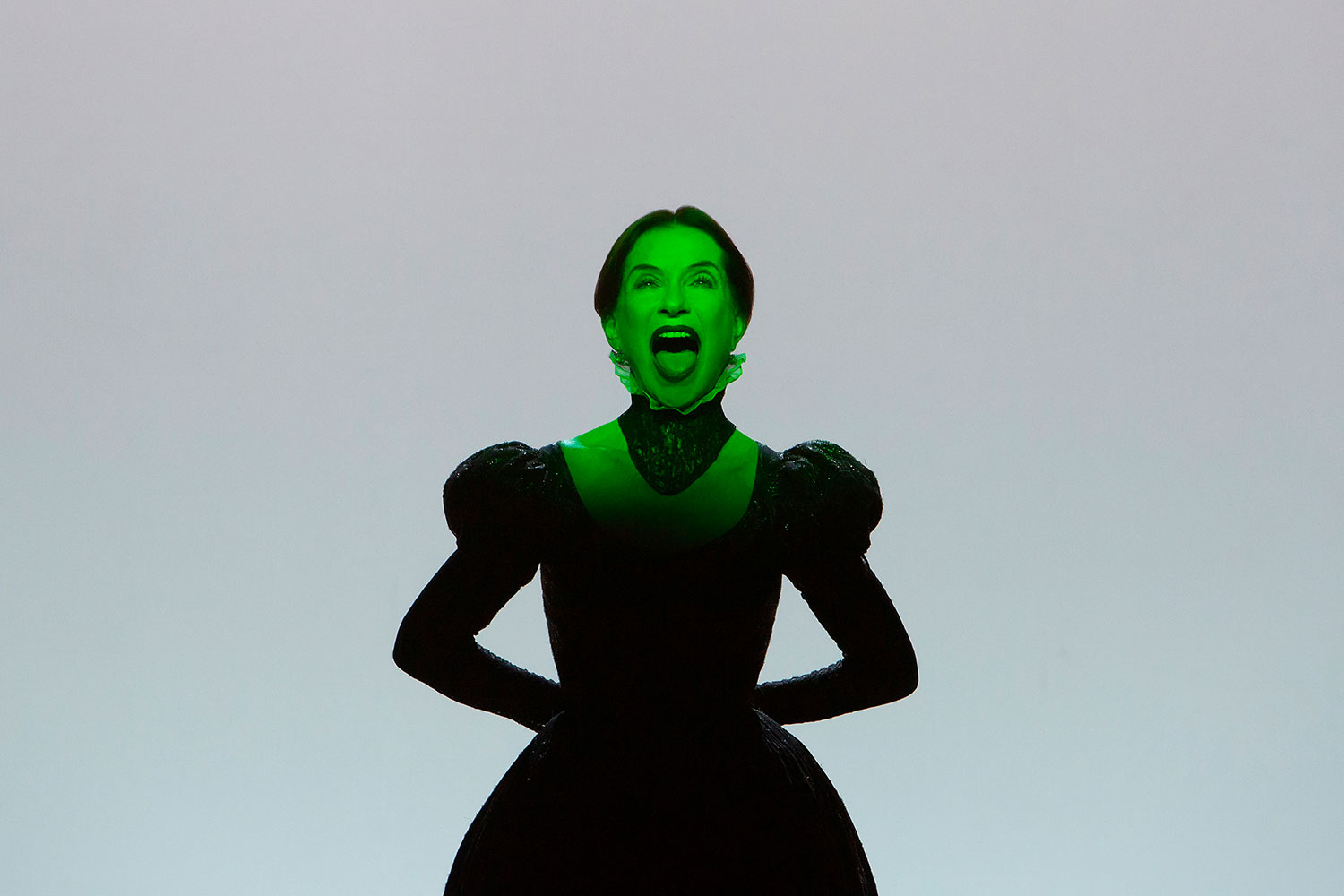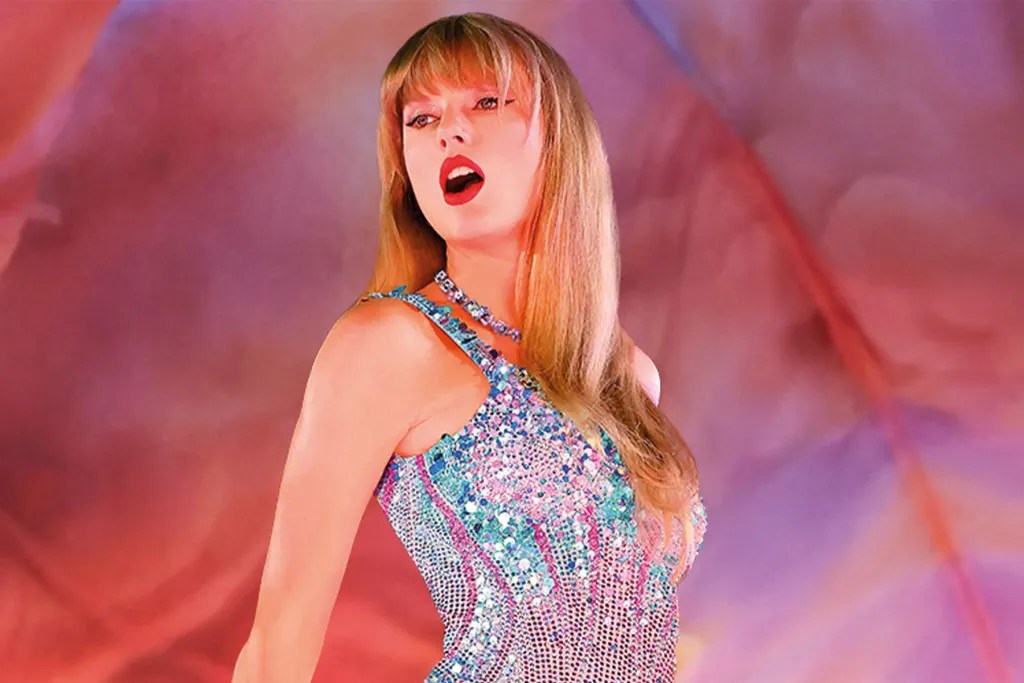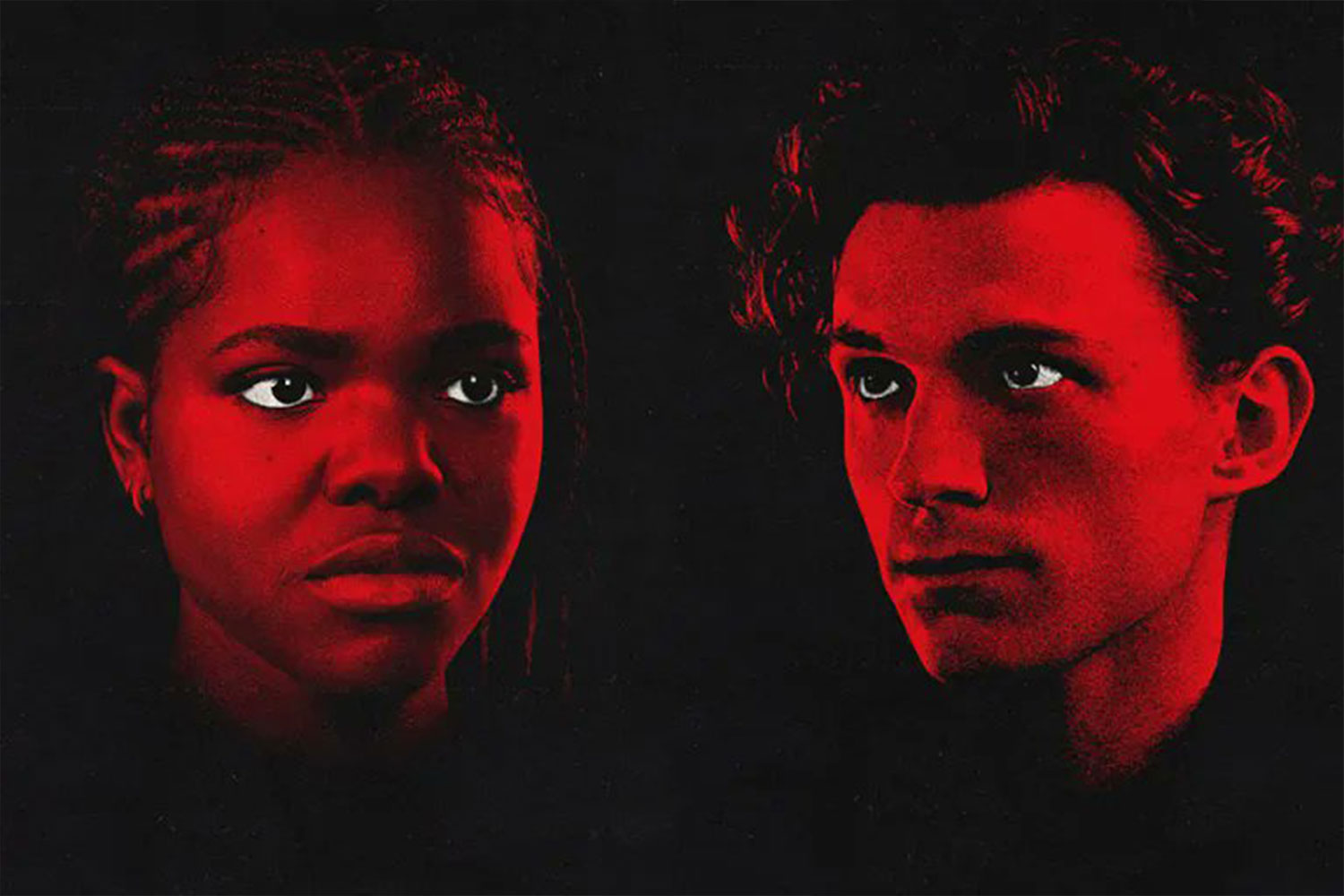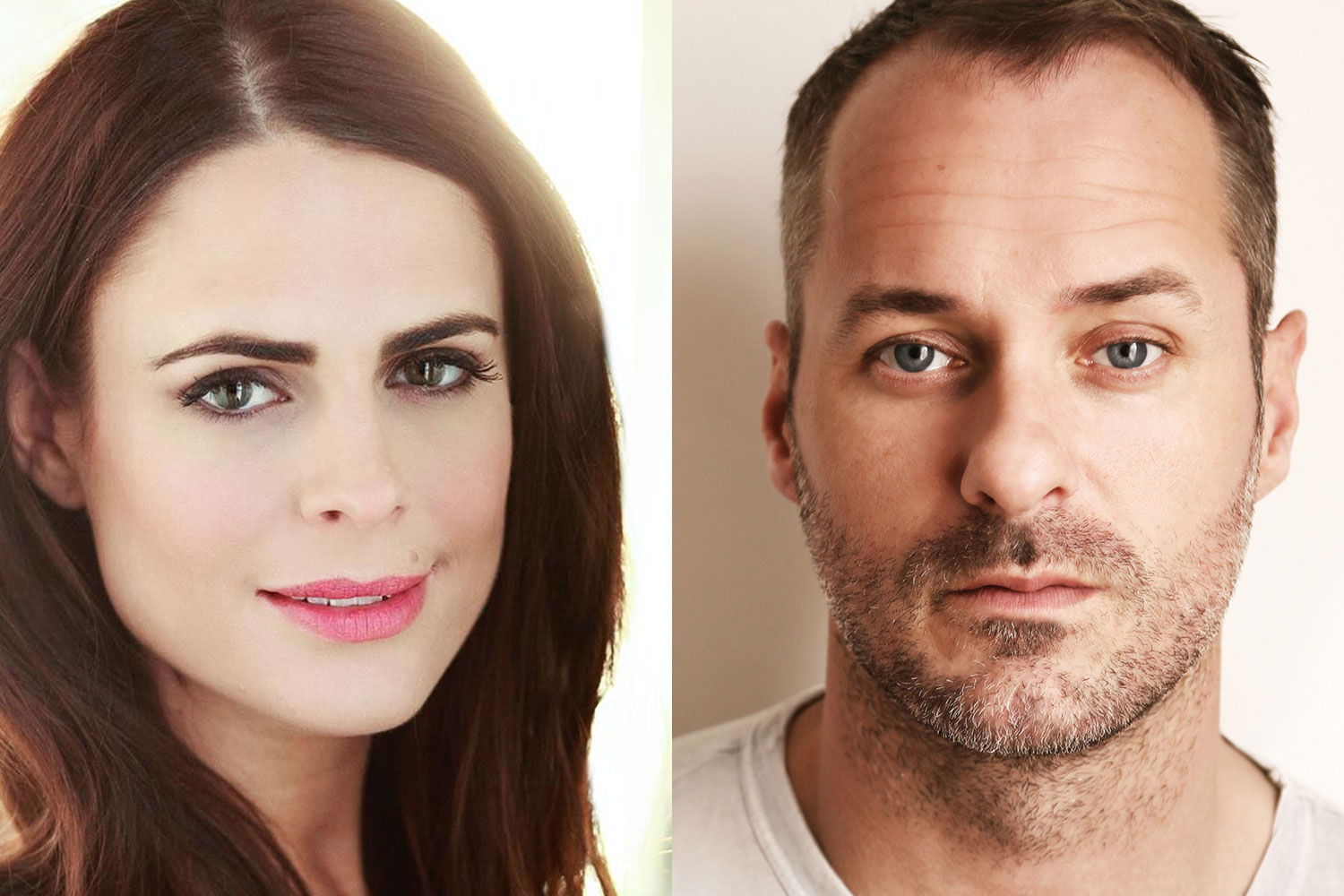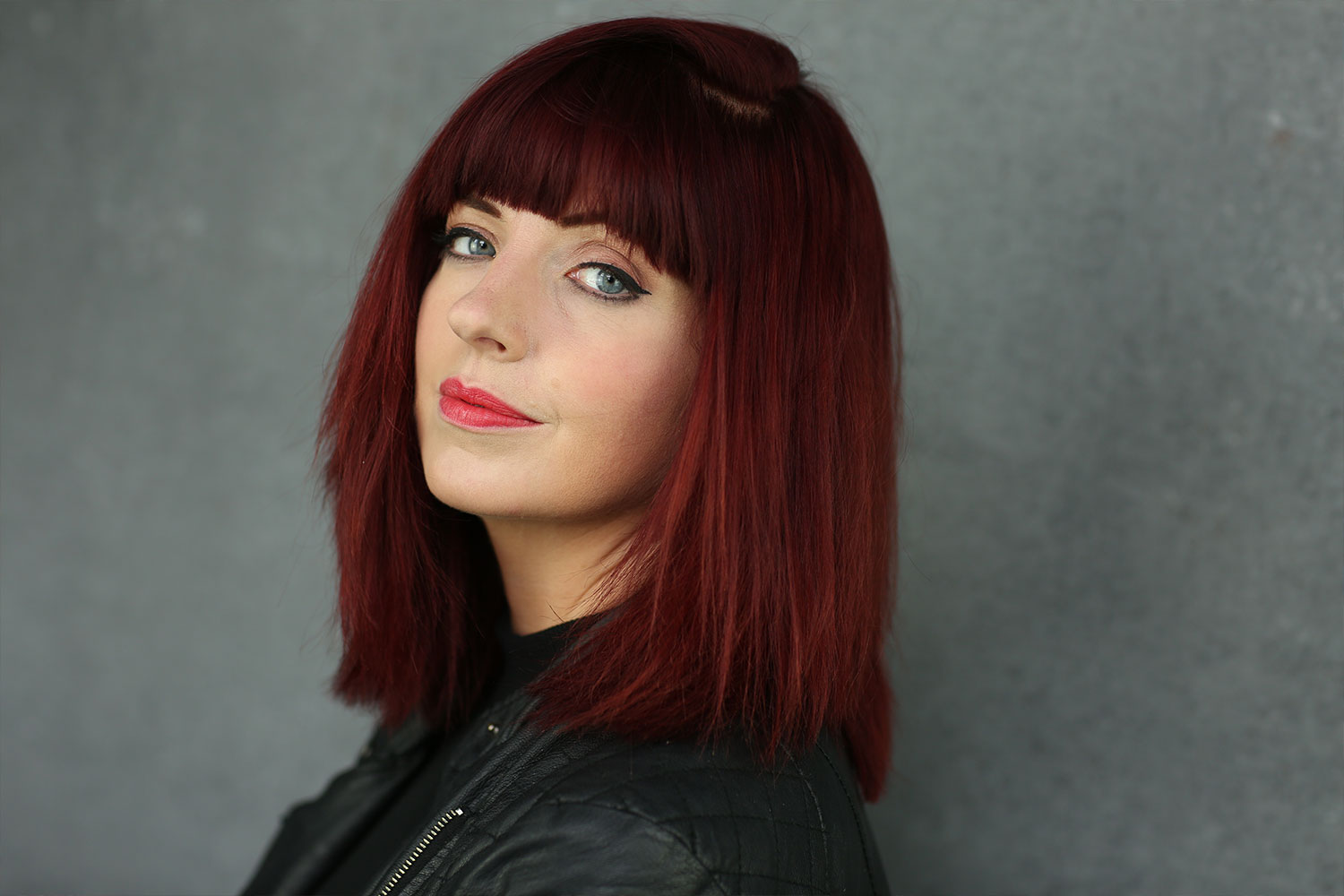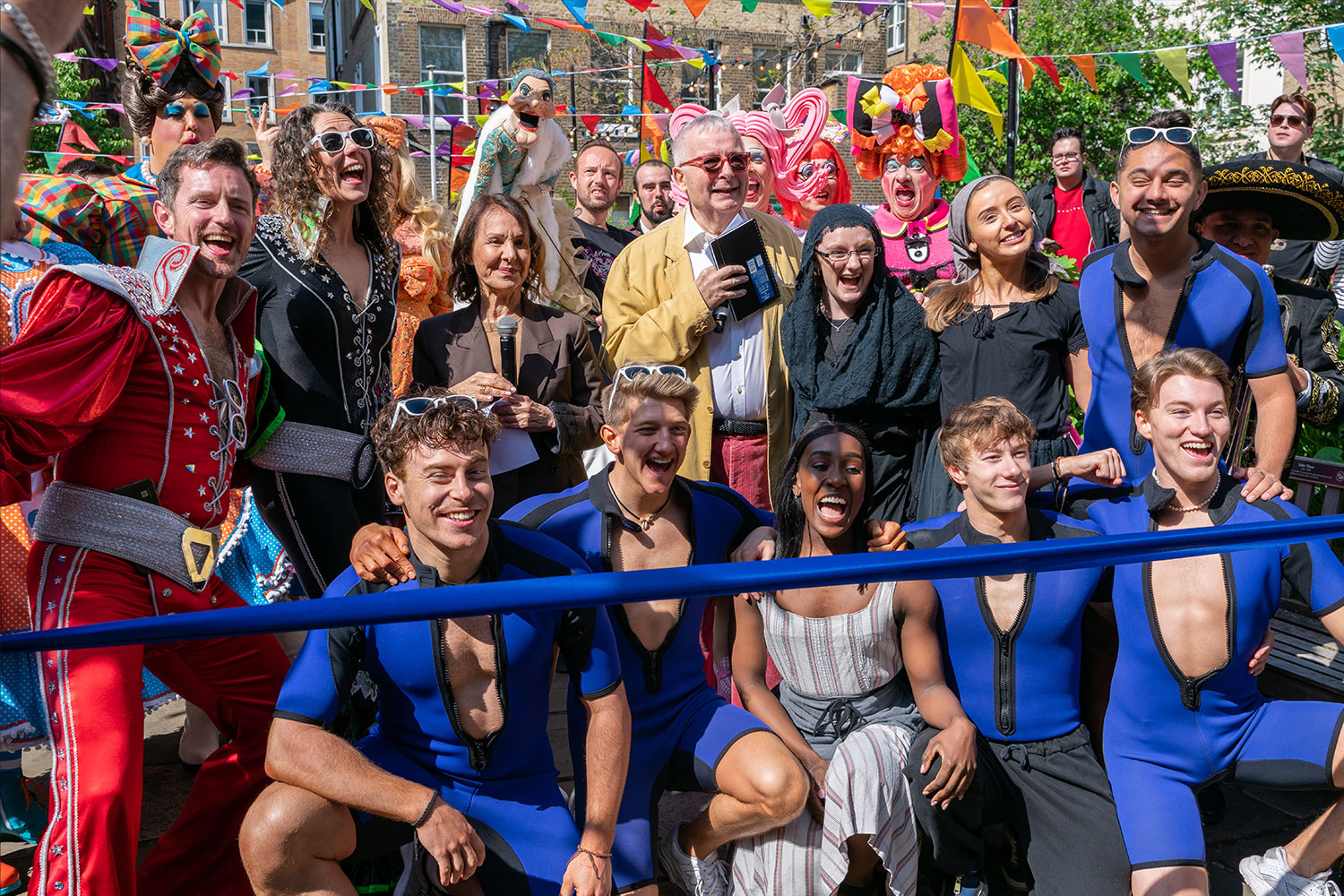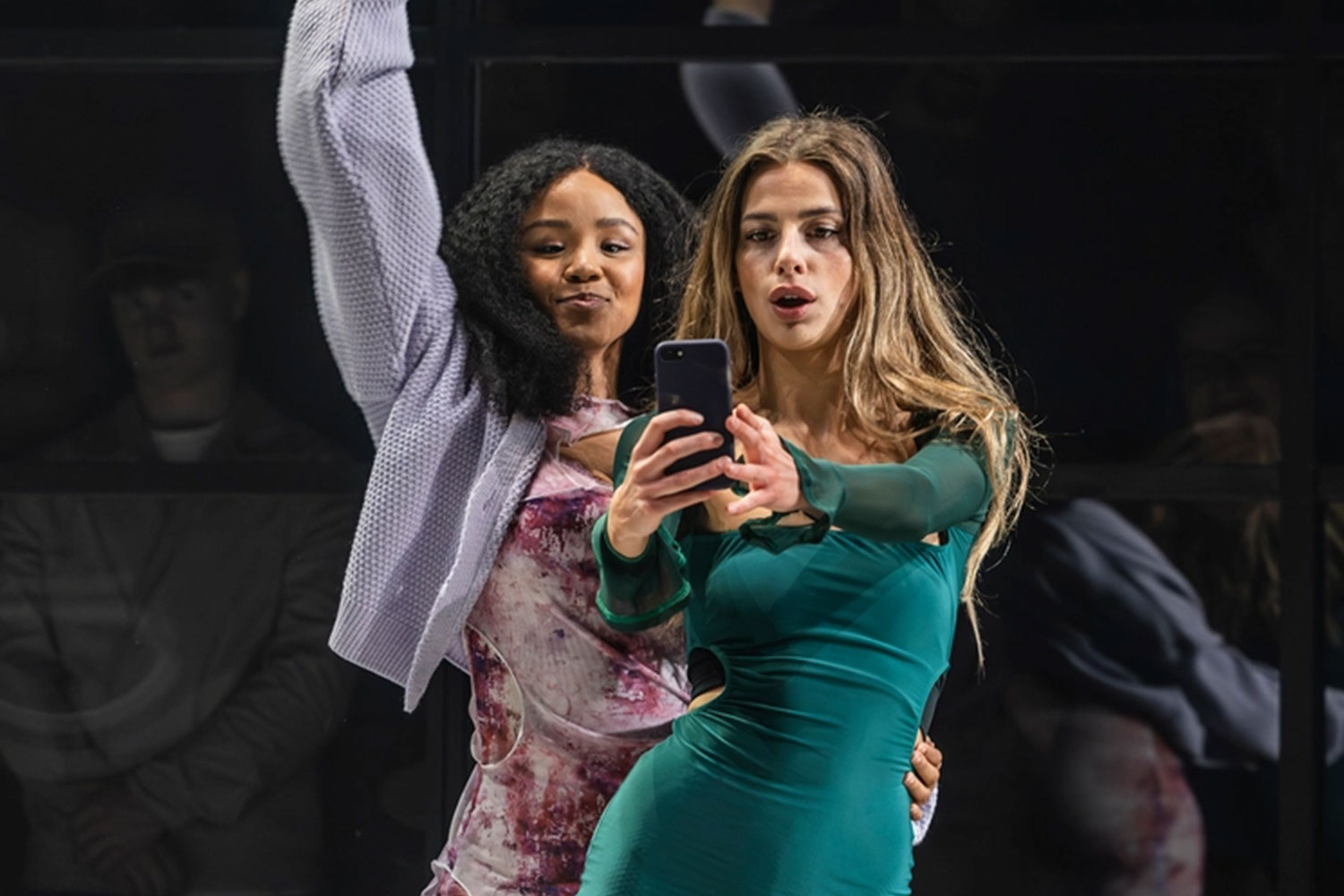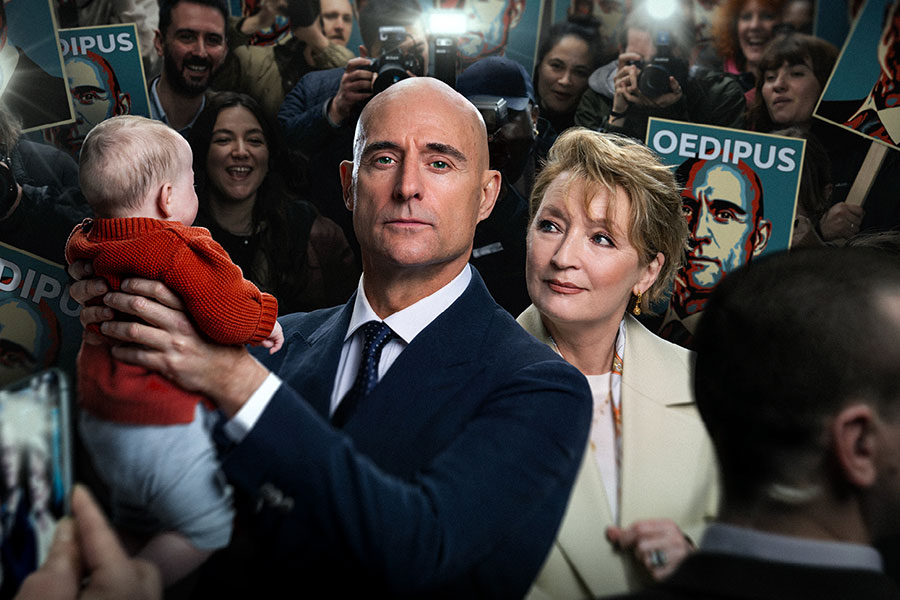The Judas Kiss

grandson Mervin Holland writes that Wilde “cast a rainbow of forbidden
colours over that drab age of industrial power and empire building” – and it’s a rainbow that still shines brightly over a century after his death.
In this 1998 play, here thoughtfully revived by director Neil Armfield, David Hare centres on two key moments in Wilde’s later years to explore the idea that the great man was a victim of the selfish motivations of his homme fatale, Lord Alfred ‘Bosie’ Douglas.
The first act takes place at the Cadogan hotel during the short window between Wilde’s infamous court case against Bosie’s father and his subsequent arrest. Having refused to sully his prominent lover’s reputation by calling him as a witness, Wilde bravely faces the prospect of jail as his loyalty to Bosie proves unreciprocated. “Behave in a way that gives Oscar a chance,” pleads Wilde’s friend Robbie Ross (Cal Macaninch) to the young Lord. Fat chance.
Bosie – a suitably fresh-faced and hot-headed Freddie Fox – storms about the plushly furnished room and barks orders at the staff, while Wilde tries to enjoy his last moments of freedom and a final meal of lobster. As journalists swarm the lobby and the police approach, he refuses to take the advice of Ross and join the diaspora of “inverts” across the channel.
Rupert Everett seems near-perfect casting in the central role, providing the required combination of physical presence and vocal eloquence. Next to Stephen Fry (who was sitting in front of me last night) it’s difficult to imagine an actor more suited to the difficult job of revealing the character behind the oft-seen Wildean caricature.
In the second act – set in Naples after his release from prison – Everett is seated almost throughout, but nevertheless maintains his command of the space, firing out lines like bullets. As Bosie and his Italian lover Galileo (Tom Colley) cavort around him, the witty aphorisms keep flowing even as Wilde reflects on the pain – and, even worse, writer’s block – caused by his separation from his children.
I’m not wholly convinced by Hare’s portrayal of Wilde at this stage of his life. Prison undoubtedly broke him – he was only a few years from death – to a greater degree than is revealed here. And Bosie’s endless hissy fits also wear thin, leaving Fox with little to do but strike poses and shout.
But nevertheless, Everett holds us in the palm of his hand as the centrepiece of an evening rich in detail (particular credit belongs to designer Dale Ferguson‘s fabric-infused settings) and fitting testament to one of the greatest characters the English stage has witnessed.



